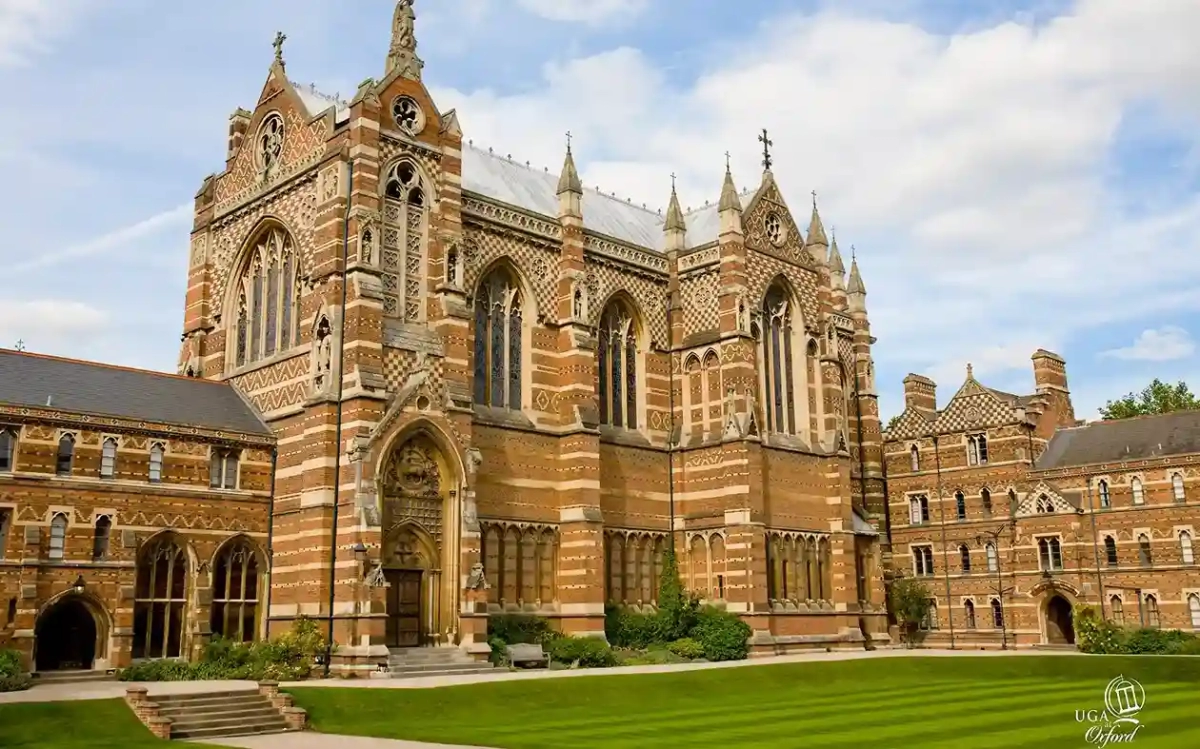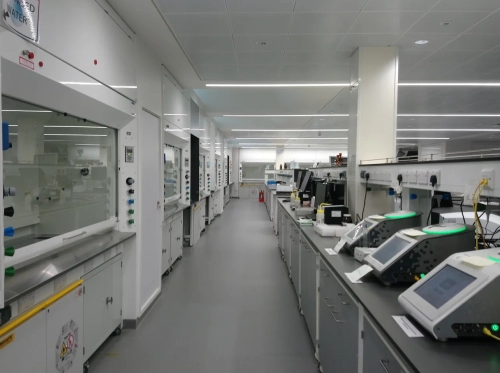The University of Oxford is the oldest university in the English-speaking world, with origins dating back to at least the 12th century. It is a collegiate research university in Oxford, England, known for its teaching, research, and tradition.
| Acronym | Oxon |
| Motto / Slogan | The Lord is my light |
| Colour | Oxford Blue |
| Founded | 1096 |
| Undergraduate Programmes | |
| Postgraduate Programmes | 450 |
| Location | Oxford, England, United Kingdom |
| Address | University of Oxford, Wellington Square Oxford OX1 2JD United Kingdom |
The University of Oxford's core mission is "The advancement of learning by teaching and research and its dissemination by every means".
The University of Oxford's vision is to be a global center of excellence for lifelong learning, fostering a vibrant learning community that benefits society on a local, regional, national, and global scale.

The University of Oxford's primary objective is to lead the world in research and education, while also ensuring accessibility and inclusivity for all students.
Oxford graduates are highly sought after by employers from various sectors. Studying at Oxford triggers a lifetime of opportunity and you will have a choice of exciting careers or further study options when you finish.
Even whilst studying, you will have lots of opportunities to build your employability skills, get work experience and/or develop entrepreneurial ideas.
Oxford's international profile rivals that of any university in the world, highlighted by the breadth and depth of its research collaborations and a truly global student body and academic staff.
One of the many myths about Oxford is that there is no time to have fun. Alongside your college community you will be able to develop your interests, old or new, through over 400 clubs and societies, many of them University-wide.
Taking part in extra-curricular activities is not only lots of fun and great for your social life but will help you build skills which will stand you in good stead for the rest of your life and help with your career goals.
Everyone wants to feel that they belong and can be themselves. Oxford takes the well-being of all of its students very seriously.
Every undergraduate belongs to a college, which means you will have your own close-knit Oxford community. You will also have lots of opportunities to join groups, societies and campaigns that celebrate diversity and promote change.
Visit the school's international qualifications page to find out whether we accept your international qualification and what grades we would expect you to achieve. If they do not accept the qualifications you are taking and you would like to apply, you will need to undertake further study of qualifications that they do accept.
As well as grade requirements, many courses have specific subject requirements, so please carefully read the subject requirements for your course on the relevant course page.
Instead of submitting transcripts or certificates with your application to Oxford, you should self-report all details of your qualifications, standardized test scores, and grades on the UCAS application form under ‘Education’. Please visit the UCAS application section of their Guide for applicants for further details. You will only need to produce certificates or transcripts if you are offered a place.
7. English language test score report/certificate: If you need to meet the English language requirement, you are encouraged to provide English language test scores where relevant when you submit your application, but it is not compulsory and will not affect the outcome of your application. The school accept test score documents in any of the following formats:
FOR POSTGRADUATE: If you meet the requirements and are ready to start an application, use the ‘Apply’ button on the course page to access the online application form. When you select ‘Apply’ on the course page, you will be prompted to create a new graduate applicant account or log into an existing account.
FOR UNDERGRADUATE: All applicants must apply via UCAS, except for Medicine (please see the guidance for international applicants for Medicine).
Phone : +44 1865 270000
Apply For Admission



Self Governing
Professor Irene Tracey, CBE, FRS, FMedSci, became Vice-Chancellor of the University of Oxford on 1 January 2023. She was previously Warden of Merton College, Oxford, her alma mater. She is also Professor of Anaesthetic Neuroscience in the Nuffield Department of Clinical Neurosciences.